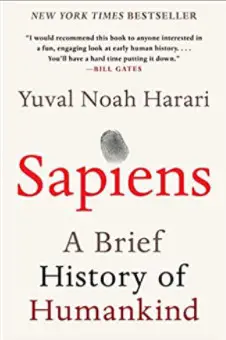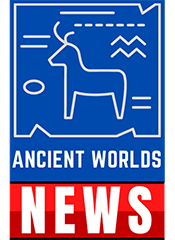
Check the current price on Amazon here,
Archaeologists not only extract history from the ground, they bring out entire civilizations in front of a greater audience. Archaeologists are the warriors persevering to save the past so we can all learn about it. Why is the past important? Why do we care about how ancient civilizations lived? Why do we need to spend so much money putting resources into learning about ancient ways of life? All these questions have only one answer – because history made us who we are today. History and ancient ways of living have shaped our present. We are also shaping the lives of future generations. Knowing about our roots is important for forging a strong feature.
When the Indus civilization was found, people were amazed to learn that such an old civilization lived so sophisticatedly. They had their cities planned; there was a sewer system and evidence that they had separate rooms for baths. The artifacts of the Indus civilization are also rich in art. A civilization like this can teach us all something: History is greater than we think it is.
If you are someone who is interested in archaeology, then feed your interest with archaeology books. This is not a list of books for you to read; this book is a good start to learning about archaeology.
Sapiens: A Brief History of Humankind by Yuval Noah Harari is an international bestseller. In 2015, it was a New York Times bestseller. Harari is a renowned historian who has provided us with a great narrative of humanity’s creation and evolution. The book touches on many parts of humanity and what it means to be human. He talks about the biological and historical aspects that have molded us into the humans that we are today. The author gives us a deeper look into the history of humanity’s existence.
The author doesn’t take a biological or historical approach to tell his tale; he approaches it in a simple and original way. The book looks at some 70,000 years ago with a modern mindset. The story is old, but the perspective is new. The book puts forth facts about money, power, and longing for more. Even though we have so much more compared to what our ancestors used to have, we are not happy. A modern mindset makes sure that the book reaches a larger audience. The book consists of 27 photographs, 25 diagrams, and six maps. The discussions of sapiens is vivid and intriguing.
In the beginning of Earth, there were more than six different human species. Why do we only have one now? What happened to the others? What will happen to us in the future? These are the questions and fears that humans face. Answers to these questions can hopefully help us change our fate. As the human species has evolved, it brought various changes with it. The environment was changed, along with other systems. In the beginning, we only knew to hunt. But later, we learned to cultivate. We learned to make a fire, after which we probably started cooking our food. When we shifted from meat to vegetables and from raw food to cooked food, we made big changes in the world. Fire brought pollution and a changed eating system altered the food chain. One thing led to another, and now, we are at a point where nothing seems to be in its original form. Everything has developed. These effects might seem small now, but in actuality, they are large. There are so many humans who have made mistakes, and we are continuously trying to fix them. Some of them are not fixable, but still, we try.
In the book, the author suggests and cautions us to look deeper at our actions because, for the past several decades, we have lived and ignored the laws of nature. Ancient peoples lived by these laws from the beginning, and human lives are dependent on them. Changing the way we live has meant risking the lives of the entire species. Our newfound power has allowed us to shape the world and human life, but should we have done so? What will life be like when we reach the end of this tunnel?
Sapiens: A Brief History of Humankind is an insightful book that will certainly encourage you to develop new ideas about humanity and life.
More than 16 million copies of this book have sold worldwide. Due to its popularity, Sapiens: A Brief History of Humankind has been translated into 60 languages.
